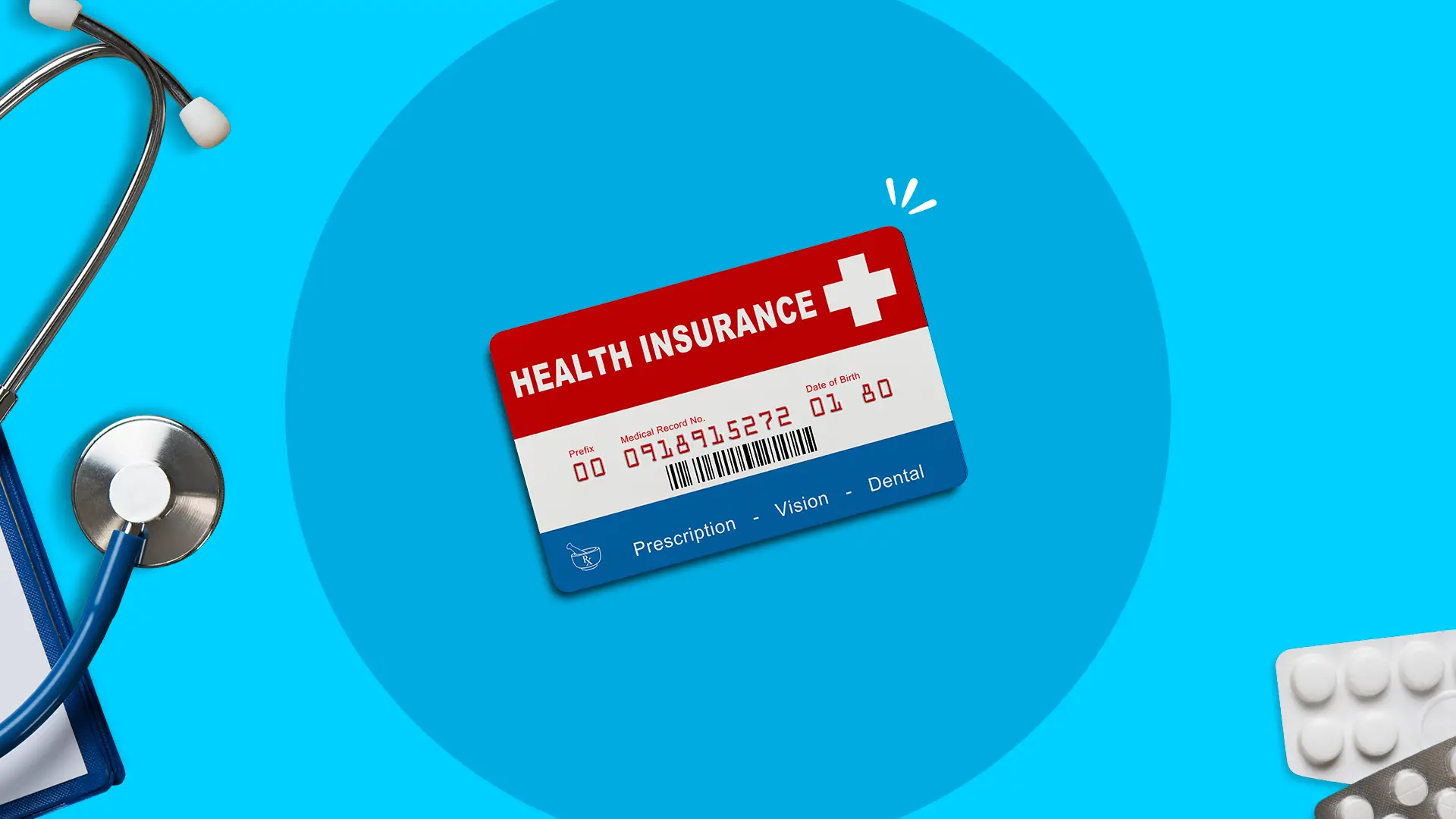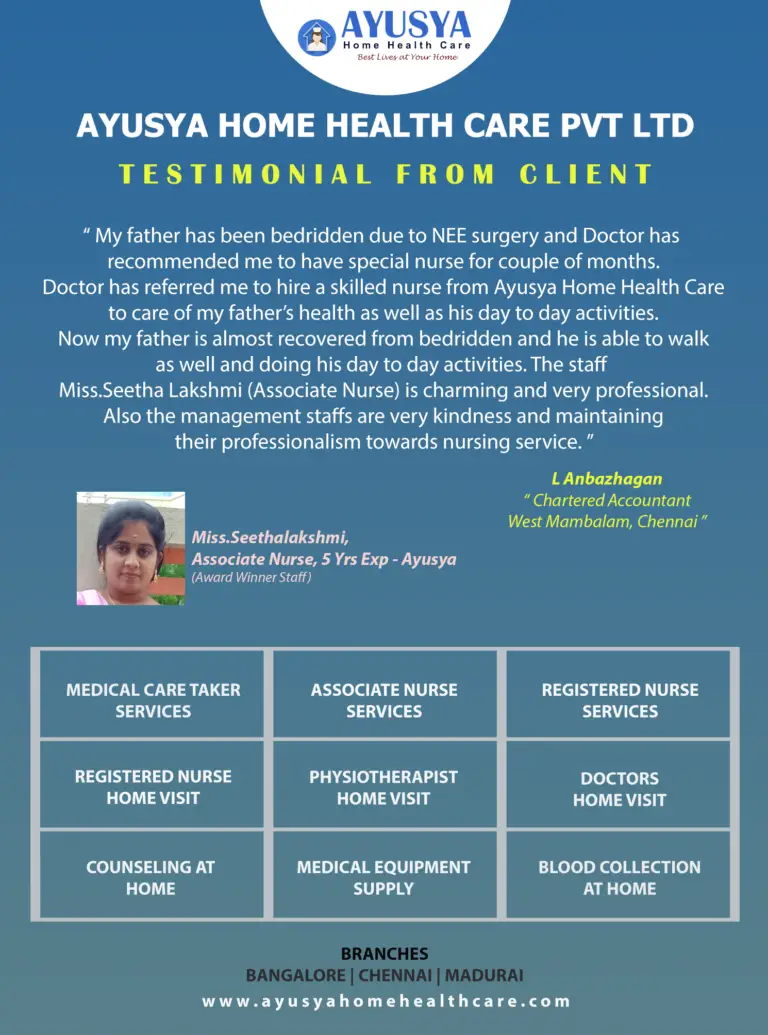Option : Buy Through A Membership Organization
If you belong to a union, alumni association, professional organization, or any other large group, you may be able to purchase health insurance through it at group rates. Freelancers Union, for example, offers health insurance through its subsidiary, Freelancers Insurance Agency, and through one of its partners, HealthPlanServices.
When looking for health insurance through an association or membership organization, make sure you will actually be purchasing insurance and not just a health services discount plan. Discount plans might save you money on prescriptions or eyeglasses, but they wont help you if you get cancer. Also be aware that even if the association itself is a not-for-profit organization, it may be tied to or even established by a for-profit insurance agency through which it sells policies to association members.
How Much Will My Health Insurance Plan Cost
When you choose a health plan, you need to understand the entire cost of your coverage. You will probably need to pay all or part of the premium. You may also have “cost sharing”. Cost sharing means that you pay for part of the cost of a service covered by your health plan. You need to understand both the cost of the premium and the amount of any cost-sharing you may expect over the next year.
Think about the types of services that you and your family will use and how often they will use them. If you and your family expect to mainly use preventive care services, you might be happy with a plan that has a higher deductible but will cover preventive care before the deductible. However, if anyone has a condition that will require access to lots of services, you may want to choose a plan that has no deductible, but has fixed dollar copayments for each service.
Determine the Cost
Your total premium plus cost sharing will be the total cost of your health plan.
Premiums
Cost Sharing
Most health plans in Massachusetts only cover some of the cost of care and include “cost-sharing” features. Cost-sharing means that the insurance company pays for part of the cost of a health service and you pay the rest. Some of the cost-sharing features you may have in your health benefit plan include:
Copayments
Deductible
Coinsurance
Benefit Limit
Exclusion
Out-of-Pocket Maximum
A Business Owner Who Has Employees
If you start a business and you have employees, you might be required to offer them health insurance. Even if its not required, you might decide to offer health insurance to be a competitive employer that can attract qualified job candidates. In this situation, you will be required to purchase a business health insurance plan, also known as a group plan.
Recommended Reading: Does National Guard Have Health Insurance
Get More With Mywellmarkregister Or Log In Today
© 2022 Wellmark Inc. All rights reserved. Wellmark Blue Cross and Blue Shield of Iowa, Wellmark Health Plan of Iowa, Inc., Wellmark Blue Cross and Blue Shield of South Dakota, and Wellmark Administrators, Inc. are independent licensees of the Blue Cross and Blue Shield Association. Privacy & Legal | California Consumers Privacy Notice
When Should You Add Your Parents To Your Health Plan

Some insurance companies will allow you to add a parent that is a dependent to your health plan so long as you’ve already listed your parent as a legal tax dependent. Your parents must have earned less than $3,700 annually and you must be able to prove that you provided at least half of their financial needs, which can include housing, food, transportation and more. To add them to your health insurance plan, you must meet specified dependency guidelines as set by your insurance carrier which can vary from company to company. Many insurers require proof that your parent lives with you and is on your tax return as a dependent.
Your parents cannot be someone elses legal dependent.
You May Like: Do You Pay Health Insurance Monthly Or Yearly
How An Individual Health Plan Works
An individual health plan is one that you purchase on your own, not through an employer. You can buy these health plans directly from Aetna or on a health insurance exchange, also called the health insurance marketplace.
The categories below explain some of the terms we use, as they apply to these health plans, as well as how your health plan generally works. Some information may not apply to all health plans. Check your summary of benefits and coverage for information specific to your health plan.
A network is a group of health care providers. It includes doctors, specialists, dentists, hospitals, surgical centers, and other health care providers and facilities. These health care providers have a contract with us.
As part of the contract, they provide services to our members at a certain rate. This rate is usually lower than what they would charge if they were not in our network. These providers agree to accept the contract rate as full payment. You pay your copay or your coinsurance along with your deductible at the contracted rate.
We list network doctors, facilities, pharmacies, and other health care providers in our searchable online directory. Before you buy an Aetna plan, you can confirm that your health care providers are in network by using this directory.
If you already have Aetna coverage, you can register or log in to your secure member account to find care near you.
El Paso TX 79998
For individual health plans:
Health Insurance Marketplace And Private Insurance
As mentioned above, in many cases a dependent parent may be included in your health plan if you have a private health insurance plan or a marketplace plan as long as you claim each parent as a tax dependent. Check with your state marketplace to see if you may add a parent to your health plan or speak with an agent to find one that will allow it. Private health plans don’t necessarily cost more than marketplace plans if you do not qualify for a subsidy.
You must be responsible for half of their financial needs, such as food, housing and more.
Read Also: Can We Get Health Insurance Now
Aging Out Of Your Parents Plan
Under the ACA, you can stay on your parents healthcare plan until you turn 26, regardless of whether you live with them. If you graduate from college and move to a different state, you can still have access to your parents health insurance . Even if you get married or have your own child before the age of 26, you may still be eligible for the healthcare benefits that your parents receive.
Depending on the kind of healthcare coverage your parents have, you may lose coverage immediately on the day you turn 26. Some plans allow young adults to remain on their parents plans until the end of the month following their 26th birthday. Others let them stay on their parents plans until the end of the tax year.
Because different healthcare plans have different rules, its best to find out when coverage will end for your parents specific plan. That way, youll know when youll need to purchase health insurance. If you lose health insurance following your 26th birthday and youre uninsured for more than three months in a row, you may have to pay a fine.
Option : Investigate Your Eligibility For Medicaid Coverage
Depending on your annual income and other criteria, you could be eligible for Medicaid coverage through your states Medicaid program.Medicaid is the state and federal program that helps to cover medical costs for Americans living with limited income or resources. You can find out if youre eligible for Medicaid online.
Read Also: Where To Go To Apply For Health Insurance
Choose Among These Five Different Options
InvestopediaForbes AdvisorThe Motley Fool, CredibleInsider
If you need to buy health insurance, youre in good company. In 2020, the number of uninsured people in the United States increased to approximately 30 million individuals. Well explain each option for buying your own health insurance so you can decide which path might be best for you.
Can I Get Private Health Insurance If My Employer Offers It
I started a new job…
The health insurance plan that is closest in comparison to my current plan is $300 MORE expensive per month. Coincidentally they cover $300/month so it’s technically a “wash” premuim-wise however, two of my doctors are not their plan network and one medication is not covered. It would work out cheaper for me if I kept my old plan . If I keep it, someone at customer service at the exchange / marketplace said I would be penalized by the IRS for NOT taking the “affordable” plan at work. .
Note: The employers plan DOES meet the MINIMUM guidelines, but with my health issues it ends up being MORE money out of my pocket.
Anyone know if the info I was given was correct? Will I have to pay a penalty? Also note: I do not get a reduction in premiums or subsidy – I pay full price, so I am not worried about “losing the right to a subsidy” by choosing t
Any/all help is appreciated.
Also Check: Does My Health Insurance Cover Lasik
Q: Are There Any Inexpensive Plans That Offer Coverage Just For Emergencies
If you’re burdened with student loan debt, high rents, car payments, and other expensive necessities of modern life but don’t need as many doctor visits, hospital stays, and chronic illnesses as older people, a typical health play may seem like an unnecessary expense.
For this very reason, the ACA offers the choice of a catastrophic plan for people under 30. Catastrophic coverage is typically inexpensive on the marketplace exchange, although coverage is minimal. So you need to weigh the pros and cons based on your own medical and financial situation:
- Monthly premium payments are low.
- Annual deductibles, however, are high. You could end up paying for all routine medical services out of your own pocket.
- It does cover emergencies and “worst case” scenarios that could wipe out your savings or put you deep in debt.
- Preventive services are also covered at no cost.
- It may not cover prescription drugs or vaccinations, depending on the plan.
If you’re healthy, rarely seek medical care, and are not eligible for a tax break, then a catastrophic plan may be a good choice until you turn 30. Visit the Massachusetts Health Connector for more information and to find out which insurance carriers available on the Marketplace offer a catastrophic plan
How Long Can You Stay On Short

Unlike catastrophic insurance, short-term plans are often not designed for year-long coverage. You generally make your plan last between 30 and 364 days, and if necessary can re-apply for another renewal after the plan has expired. Keep in mind, your insurer can deny the renewal and recommend you move to an ACA plan if youve developed a serious illness. This could turn into a financial nightmare because short-term plan non-renewal does not qualify for a special enrollment period for an ACA plan and you can be without coverage for a time.
Its important to note that short-term insurance does not have to follow the pre-existing condition coverage guarantee, so it may be difficult to get this kind of coverage if you do have a pre-existing condition like asthma or diabetes. Even if you do qualify, short-term insurance is usually presented as a fallback option for coverage, not the plan that you rely on for the entire year.
Don’t Miss: When Do You Lose Health Insurance At 26
How Buying Private Health Insurance Works
Some Americans get insurance by enrolling in a group health insurance plan through their employers.
Medicare provides healthcare coverage to seniors and the disabled, and Medicaid has coverage for low-income Americans.
Medicare is a federal health insurance program for people who are age 65 or older. Certain young people with disabilities and people with end-stage renal disease may also qualify for Medicare. Medicaid is a public assistance healthcare program for low-income Americans regardless of their age.
If your company does not offer an employer-sponsored plan, and if you are not eligible for Medicare or Medicaid, individuals and families have the option of purchasing insurance policies directly from private insurance companies or through the Health Insurance Marketplace.
What Two Parties Pay For Your Health Insurance If You Enroll In An Employer
Employers are responsible for buying individual health insurance for their employees. They do the research, choose an insurer and determine your plan options. The costs of these plans are shared by both parties, you contribute to your monthly premiums, the amount is deducted from your monthly paycheck, and your employer also pays a portion of the premium
You May Like: When Does Health Insurance Enrollment Start
Special Enrollment Qualifying Events Include:
- Getting married
- Becoming a U.S. citizen
- Leaving incarceration
- Losing other health coverage due in the past 60 days to job loss, divorce, COBRA expiration or aging off a parents plan
- Losing eligibility for Medicaid or the Childrens Health Insurance Program
- Change in income or household status that affects eligibility for premium tax credits or cost-sharing subsidies
- Gaining status as a member of an Indian tribe
The ACA marketplaces open enrollment is usually from in most states, but starting in 2022, low-income Americans will have more chances to get a marketplace plan.
People with income up to 150% of federal poverty level will be eligible for a special enrollment period each month. The Centers for Medicare and Medicaid Services estimates that about one-third of marketplace plan members will qualify.
Q: I’m Not Eligible For An Employer Plan What Are My Options For An Individual Health Plan
Perhaps youre working part-time, enrolled part-time in school, or consulting as an independent contractor. Fortunately, there are several alternatives to an employer plan that offer a full range of coveragefrom comprehensive to minimal.
Under the Affordable Care Act , you can purchase one of many individual health insurance plans through the federal health insurance marketplace. Each state has its own online exchange. You can shop on the exchange for up to 60 days after your 26th birthday, regardless of where it falls on the calendar.
The Marketplace exchange offers several metal tiers of coverage with different levels of cost-sharing. Generally, the more costs you cover, the more affordable the premium. If you’re eligible, the tax credit is automatically included when you purchase a Silver plan.
Check out what options you have within the state you live and whether you qualify for subsidized coverage. If you live in Massachusetts the health insurance marketplace is called the Massachusetts Health Connector.
Outside of the marketplace, consider the following alternatives if they apply to you:
Recommended Reading: Can I Buy Health Insurance Outside The Marketplace
How Do I Get Health Insurance If I Am Retired
If you are retired but still under the age of 65 and no longer have employment health insurance due to job loss, you can apply for coverage through the healthcare Marketplace. Losing coverage will qualify you for a special enrollment period. Based on household size and income, you may qualify for a premium tax credit and lower out-of-pocket costs.
Retirees who are 65 and older will qualify for Medicare and Medicare Advantage. You can also switch to a Marketplace plan if you have retiree health coverage but wont be eligible for the tax credits and lower out-of-pocket benefits or the special enrollment period. If you turn 65 in the middle of the year, you can apply for a Marketplace plan to cover you until Medicare begins.
If you are 65 but do not qualify for premium-free Medicare, you can buy insurance through the Marketplace and receive lower costs with tax credits.
Are There Different Types Of Health Plans
Most health insurance plans fall into one of three categories. In order to choose the best plan for you and your family, you should understand the difference between these major types.
Traditional Health Benefit Plans
Traditional health plans pay some of the cost of medical treatment. They may differ in the services covered and the providers offered in the network.
Medical/Indemnity Plans
These plans cover services with any licensed health provider. This may be a good plan if you have family members outside the HMO’s or PPP’s service area, or if your providers are not in the network. These plans usually cover hospital and medical expenses for an accident or illness. They may also cover preventive care. These plans may only cover a fixed percentage of any covered cost. For example, the policy may say that the plan pays 80% of a service and you must pay the other 20%. With these plans, you are covered for any licensed health providers.
Health Maintenance Organizations-HMO
Preferred Provider Plans-PPP
Also Check: Do You Get Health Insurance When You Retire
What Is Open Enrollment
Footnotes
Whats The Cheapest Health Insurance

The cheapest premiums in the ACA marketplace are Bronze plans. If you are eligible for subsidies, your premium cost for Silver and Bronze plans may be similar. Healthcare.gov and state websites have calculators to help you estimate your subsidies and total cost.
Non ACA compliant plans may be less expensive, but the benefits are limited. Be sure to compare them to the ACA plans before you make a decision.
Also Check: How To Get Health Insurance At 19
